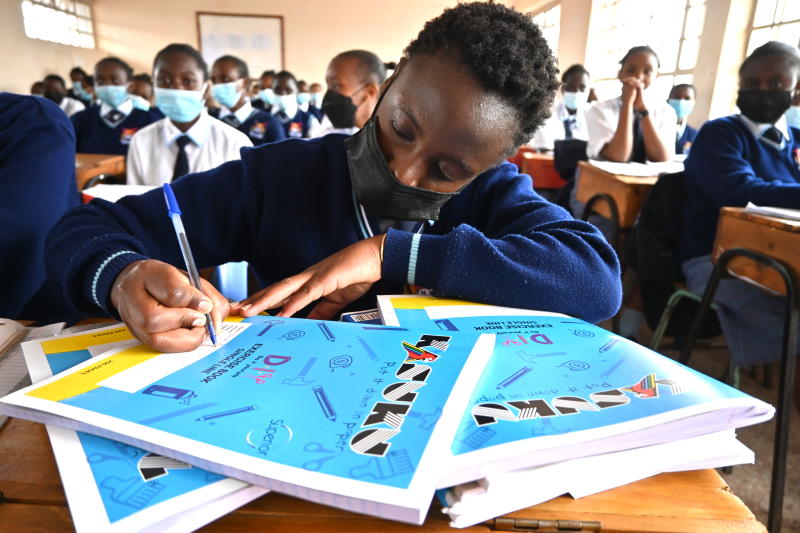×
The Standard e-Paper
Fearless, Trusted News

At the start of the national rollout of the Competency-Based Curriculum (CBC) in 2019, the attention of Kenyans was drawn to some pupils cutting grass, collecting garbage and cleaning markets.
During the exercise, some of the learners put on sacks made from old cartons as aprons while others had protective gumboots made from nylon paper.